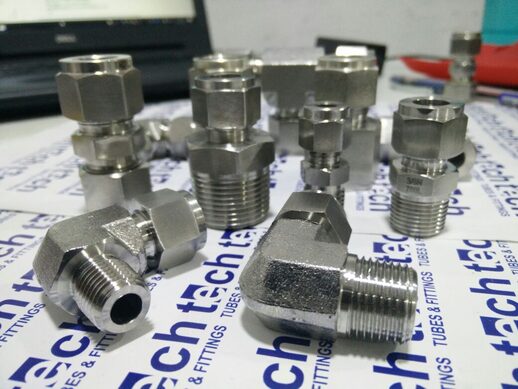So you're trying to seek out the difference between SS 316 and Duplex Stainless steel? Before having knowledge about those steel, you would like to understand what's stainless steel and why it's different types?
Stainless Steel is that the common name of steel that uses for its corrosion resistance. There are numerous differences in its kind, but the similarity in every stainless steel contains a low amount of chromium. Stainless steel is split into few types, like Ferritic, Austenitic, Martensitic, and Duplex. As we are considering SS 316 and Duplex during this article, both have their specific qualities and this is often the rationale that both are utilized in a good range of applications in several industries.
SS 316: It comes under the austenitic sort of stainless steel. it's known for its 2-3% molybdenum content. Molybdenum makes the metal more vigorous or gives resistance to corrosion and to beat ascended temperature.
Duplex Stainless Steel: It's a two-phase microstructure consists of a grain that is ferritic and solid solution stainless steel. because it has the potential of cooling to temperature, half the ferritic grains convert to austenitic grains. When duplex steel commences melting, it solidifies from the liquid state to the ferritic phase.

Also, Read: A Complete Guide to Stainless Steel Bulkhead Fittings
Difference between SS316 & Duplex Steel
- Duplex stainless steel features a lower level of nickel and molybdenum that creates it budget-friendly.
- As compared to SS316, duplex alloys have more resistance to chloride stress corrosion cracking.
- Duplex steel is more robust than austenitic or SS316 grades. It also provides formability struggling and excellent hardiness.
- Another difference between SS316 and duplex stainless steel is SS316 contains 18% chromium and eight nickel whereas, Duplex contains 18-28% of chromium and 4.5-8% of nickel or austenitic.
How it relates to Energy Industries?
Stainless steel has many beneficial properties for the facility and energy industries. Among all qualities, the corrosion resistance capacity of chrome steel is extremely much needed in this field in any environment. Another most useful ability of stainless steel within the power energy world is when handling electrical components; it can transfer heat, whether it's a matter of high temperatures and extreme pressure. From traditional coal industries to renewable energy industries, it's getting used. These also are a reason stainless steels are referred to as transformer enclosures, pressure tubes, heat exchangers, and more. Contact us to know more information on various types of Stainless Steel.
For More Details on Basic comparison between SS and duplex Stainless Steel contact us on sales1@techtubes.in
***Monel, Hastelloy, Inconel, Incoloy, SMO254, Nitronic, AL6XN, Stellite, Sanicro, Tantalum, Nimonic , Alloy A286, Invar, Cupronickel etc., are the trademarks of their respective companies.


